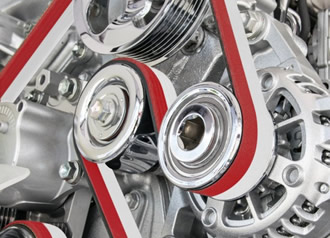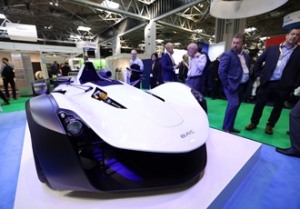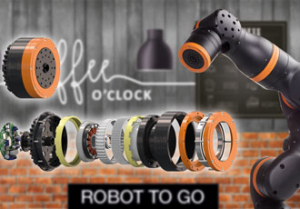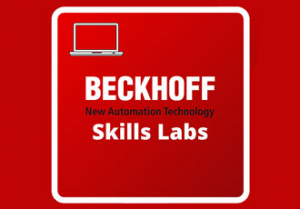Flexible manufacturing on the road to production runs of one

At the moment manufacturing is set to a fixed series of separate stages, so if machines or equipment for some reason fail – production stops. This will cost time and money, but the researchers at Fraunhofer are now offering a better way with a digital twin. Machines today produce parts in networked, pre-programmed production runs: pieces are turned, milled and measured in a set order.
But what happens when a machine fails or a customer changes its order? Production has to be re-configured, which is time-consuming and expensive.
What if there was a better way? Instead of a central control program issuing commands, the workflow would develop flexibly, each part deciding for itself the best route through production. Sound like a pipe dream? To the contrary: Developers at the Fraunhofer Institute for Production Technology (IPT) in Aachen are working on such a system.
It is called ‘Service-Oriented Architecture for Adaptive and Networked Production’ and functions similar to an automobile navigation system that uses current data to determine the best route in real time. Each part carries information regarding the next production stage; which machine will be called into operation is purposely left undecided. Only when a production stage is pending does the system select a machine from those that are readily available. Each part bears a QR-Code identifying it as a unique entity.
The software remembers what was done to each part at each production stage, for example, ‘Hole is drilled with machine parameter A and tool X’. A digital twin emerges from this history, displaying at any time where its physical counterpart is in the production process. Digital twins are especially valuable to manufacturers of a wide variety of goods because updating or changing a production run does not require a system overhaul.
Single parts thanks to flexible production, plug-and-produce for independence
The ‘Smart Manufacturing Network’ manages the digital twin, always analysing and reusing its process data to improve process robustness and product quality.
“Networking machines with parts will enable companies to produce one-off products in the future – production runs of one,” said Michael Kulik, Project Leader at Fraunhofer working on the software development.
An aspect of the system is the menu which configures a production sequence. Using drag-and-drop, the user selects individual steps from a list of all services and arranges them in the desired order like building blocks. If a machine fails, a part is simply rerouted to another available machine.
“Many machines in a production line can perform a variety of tasks,” explained Kulik. “For example, a sophisticated 5-axis milling machine can also do the job of a simpler 3-axis milling machine. In the future, the Smart Manufacturing Network’s service-oriented software can flexibly decide to do the job on an idle 5-axis machine."
Also important for flexible production: Machines from various manufacturers must easily integrate into the Smart Manufacturing Network. IPT is working on this with partners from science and industry in Fraunhofer’s ‘Networked, Adaptive Production’ performance centre.
Fraunhofer’s researchers will demonstrate how the digital twin, service-oriented software and Smart Manufacturing Network collaborate at HANNOVER MESSE 2017, taking place 24th-28th April in Hannover, as part of the trade fair ‘Research & Technology’ in Hall 2 at Stand C22.
Similar articles
More from Fraunhofer
- Interaction components for contactless human-machine operation 24th April 2017
- Flexible manufacturing on the road to production runs of one 21st February 2017
- Taking the momentum out of vibrations 2nd September 2016
- Industry 4.0 controls precision glass molding machine 13th June 2016












Write a comment
No comments